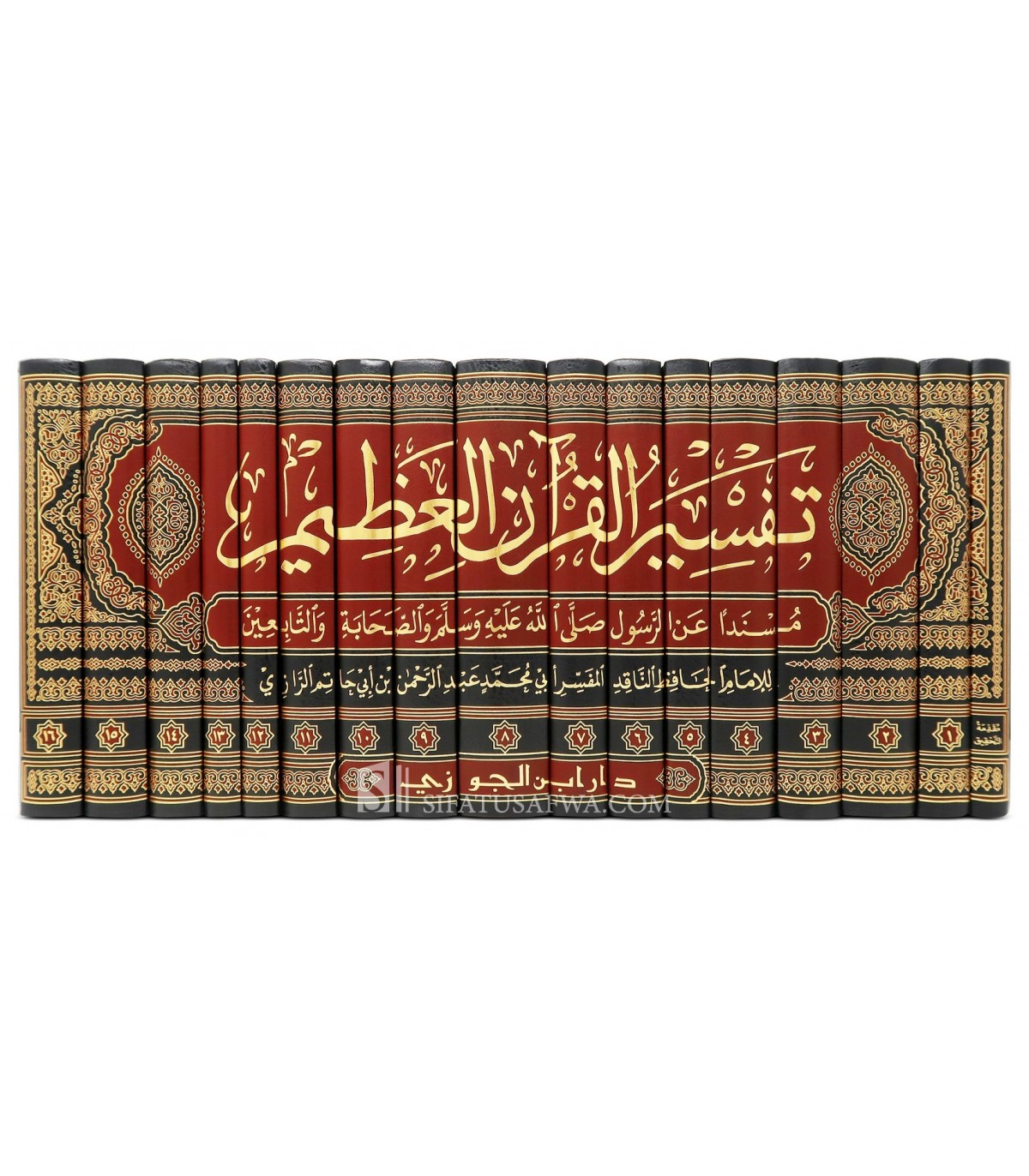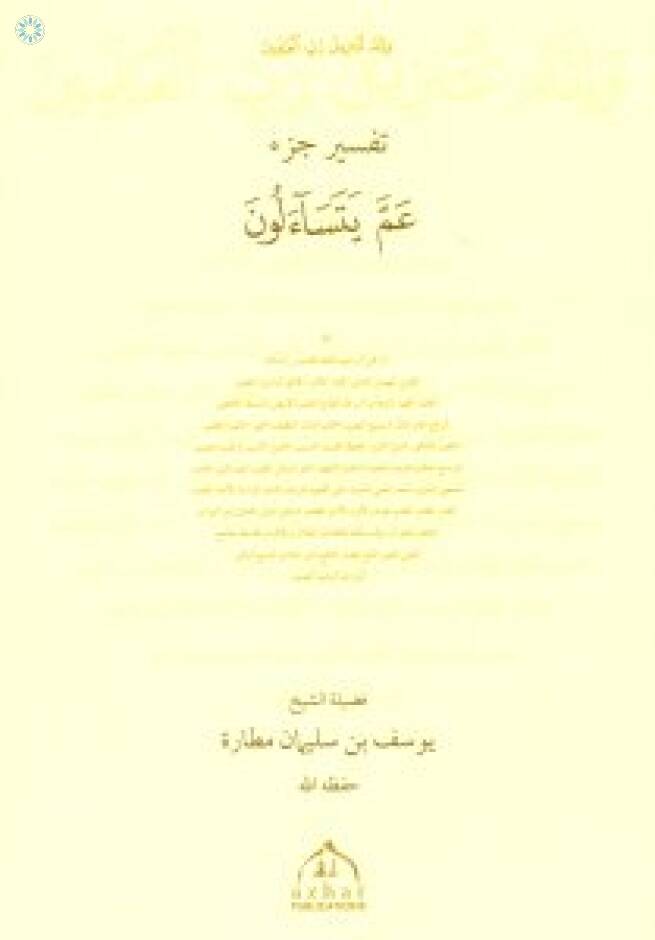

It deals particularly with such practical teachings of the Quran as pertain to moral and socio-political ideas and economic relations and frequently comments upon verses with reference to the various theories and findings of what were then the newly emerging natural and social sciences of the 19th and early 20th centuries. This approach greatly reduces the impact and validity of negative remarks and objections made on the Quran by non-Muslim critics. As compared to other classical texts, this commentary seems to rely less on Asbab al-nuzul or reasons of revelation of verses.

The author has frequently dismissed the views of these writers in favour of a more linguistic approach towards understanding the meanings of the Quran. Repeated references and comments are made on the works of famous orientalists like Theodor Nöldeke, William Muir and William Montgomery Watt as well as numerous Muslim theologians and commentators. The commentary is thus written in the style of an argument for Islam. Such objections have been refuted with the intent to remove the bias and prejudice against Islam, and make a better understanding of its teachings possible. It is claimed that such objections were based either upon ignorance or deliberate misrepresentation of the teachings of Islam. The explanatory notes place a particular importance on refuting the principal objections raised against Islam by non-Muslim writers. Moreover, according to the author, the Quran contained prophecies and those prophecies which had been fulfilled up until the time of this commentary, constituted an important part of the evidence that it was the revealed word of God.

He also believed that the idea of abrogation had been of great detriment to the purity and authenticity of the divine nature of the Quran from which it needed to be absolved. As a result some subjects had become a source of ridicule for Islam and the person of Muhammad. Namely, they uncritically included questionable narrations from unsound sources in their comments and they relied too heavily on Jewish literature. and the great service they rendered for the Quran, but stated that they made two fundamental mistakes. In the preface to the first volume, explaining need for a modern commentary, Mahmood Ahmad acknowledged the importance of the classical commentators like Ibn Kathir, Zamakhshari, Abu Hayyan etc. The first of the 10 volumes this work were published in 1940 by Zia ul Islam Press, Qadian. Mirza Mahmood Ahmad was the second caliph and leader of the Ahmadiyya movement in Islam.


 0 kommentar(er)
0 kommentar(er)
